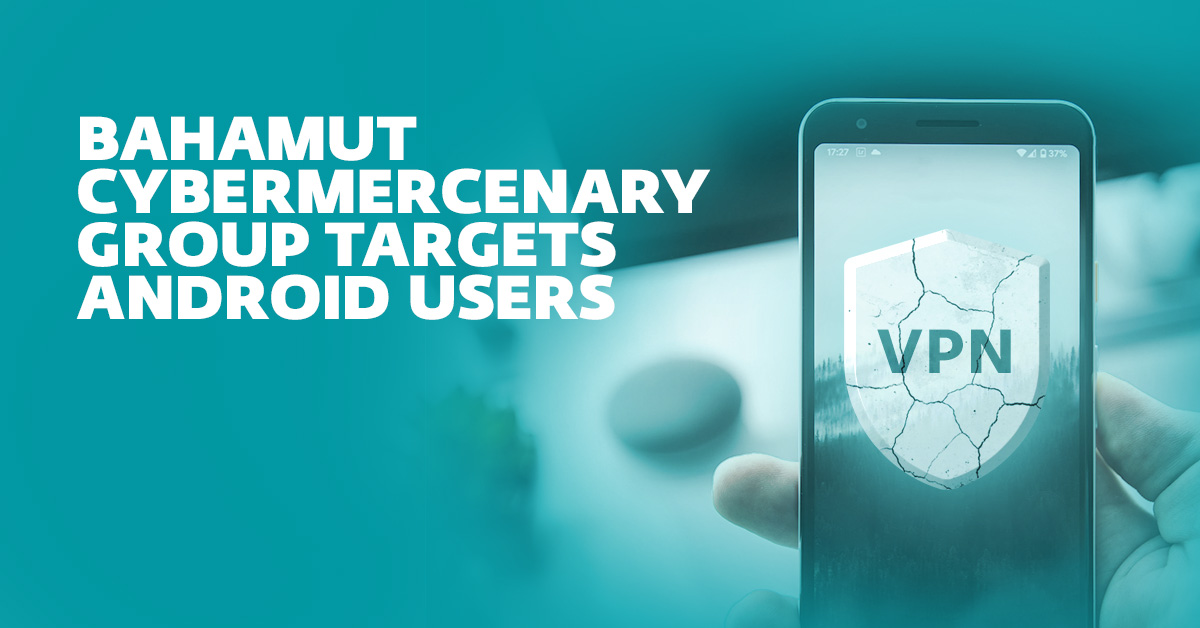As it is with every special occasion, large or small, in the run-up to Mother’s Day retailers are promoting special offers to honor all mothers around the world. That provides ample opportunity for cybercriminals to pull out all the stops in their mission to make money off of everything, even a kind occasion like this. Scammers won’t just be focusing on masquerading as vendors; they will probably stoop as low as possible and try to woo single mothers in search of romance and swindle them out of their money.
Let’s have a look at the scams that you may be confronted with this Mother’s Day, and beyond.
Scam ads
A classic favorite with fraudsters. These are ever-present and repurposed for every occasion, be it Christmas or Black Friday; chances are that you might just see one with a Mother’s Day theme. So, what can you expect? Scam ads usually proliferate through social media and chat applications, and usually are spread using hacked accounts. Clicking on a fake ad will redirect you to a fraudulent website, which will probably be advertising fake or non-existent products.
If worst comes to worst, you will end up with malware making its way to your device, which can wreak all kinds of havoc – from stealing your sensitive data to locking up your device and holding it for ransom. Scammers tend to be careless and are looking for a fast turnover, so always keep your eyes peeled for anything suspicious, such as prices that make no sense (you’re probably not getting that Gucci bag for US$99), grammar mistakes or suspicious surveys.
Fake shopping websites
Cybercriminals try to leverage anything and everything that can be used to entice potential victims. Fake shopping websites are ideal for their scamming purposes. Quite often they take on the guise of reputable e-shops that launched a separate website to house their latest promotion, Mother’s Day being celebrated around the world makes it a prime candidate. Such faux e-shops will probably overwhelmingly advertise gifts especially geared towards mothers. These products will be offered for ludicrous discounts to convince potential victims to press the buy button.
Related reading: SPARE: Five tips for a safer online shopping experience
Unfortunately, if you go with it, more likely than not your payment credentials will be stolen, which may differ depending on the payment method, but sooner rather than later, the con artists will start racking up charges against your account. So, you should definitely do your due diligence and first, check out the shop properly, search for reviews on the vendor see how long the site has been operating and maybe even try to contact their support. N.B.: If the vendor added face masks to a totally unrelated inventory in light of the pandemic, there is a high probability it’s a fake shop you should avoid.
Bogus gift cards and coupons
We’ve covered scam ads and fake webshops; now let’s move on to another popular way to reel in victims: bogus gift cards and coupons. These are fairly widespread and sometimes are even dispersed using the unwitting victim’s device. Once a bogus coupon tickles your fancy and you click on it, a malware installer can be downloaded on to your device; in some cases, it can turn out to be a banking trojan or even a keylogger. An additional functionality that may be included is that it will send out the coupon to your whole contact list, thus increasing the chance of striking gold for the scammers.
Fake McDonald’s coupons were at the center of one such attack, not too long ago. Be it coupons or gift cards, always make sure to verify that they were distributed through the official channels of the company like its official app, so it’s usually recommended to stick to those. If you’re suspicious, check out the company’s official site or social media to see if the offer you received is real. In case you get any unsolicited coupons, it’s best to steer clear or contact the company that supposedly issued them.
Romance scams
Amid the COVID-19 pandemic, dating apps and websites are experiencing an increase in usage, which may also translate into increased exposure to scammers. If you think it can’t happen to you or your loved ones, you’d be sorely mistaken. Romance and confidence fraud is the second costliest scam, according to the FBI’s 2019 Internet Crime Report. To put that into more quantifiable terms, one woman was duped out of US$546,000 while another one ended up becoming an unwitting drug mule and was arrested.
Usually, there are telltale signs that your mom may be talking to a scammer. A quick Google image search might reveal that their profile photo belongs to someone else, or they try within a few messages to persuade your mom to leave the dating platform (to avoid the platform screening for suspicious behavior). Whatever the case may be, it doesn’t hurt to be extra vigilant and verify the suitor; nobody wants to end up with their heart (and their bank account) broken.
Final thoughts
While most of us are often looking for the perfect bargain; we should always be vigilant and scrutinize any offer that looks too good to be true, because – often – it is. Be wary of unsolicited offers and emails if they look interesting; read through them thoroughly and be on the lookout for irregularities and inconsistencies. If anything concerns you, either try to double- or triple-check the veracity of the offer through the official sites or consider purchasing directly from the vendor, or not using the coupon altogether. Last but certainly not least, have a reputable endpoint security solution installed, since that will go a long way towards staying protected from these types of attacks.






Share Article